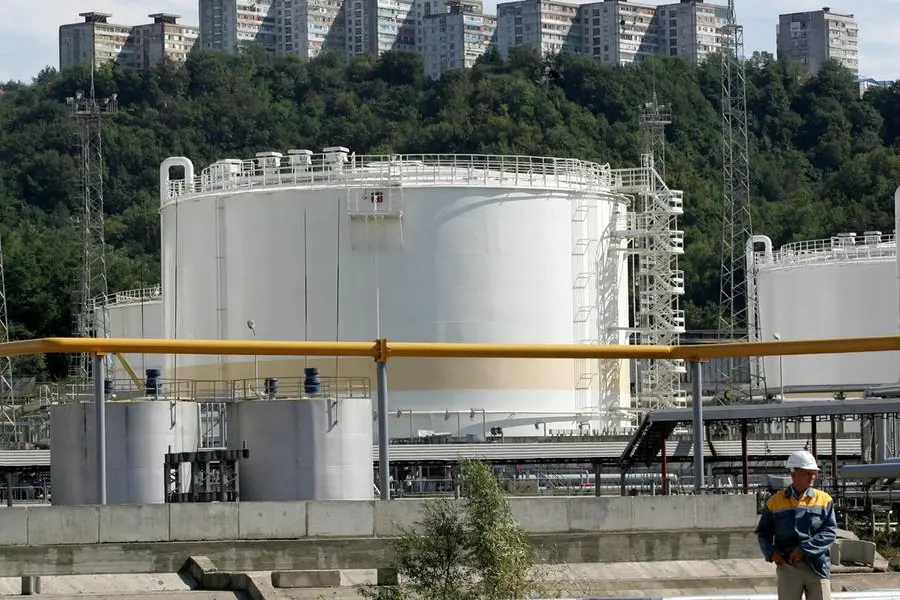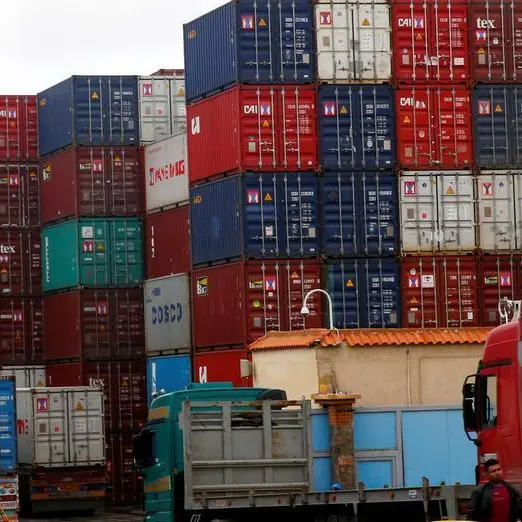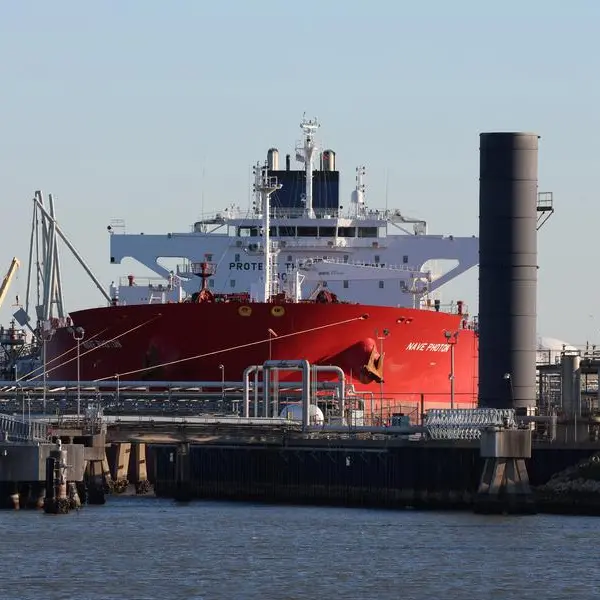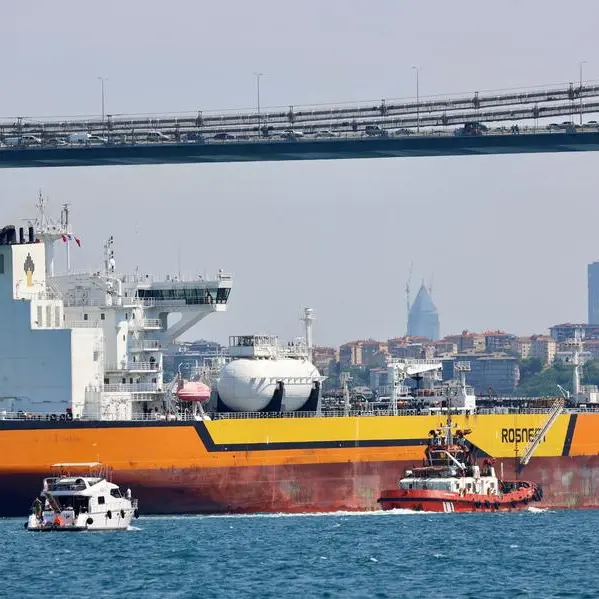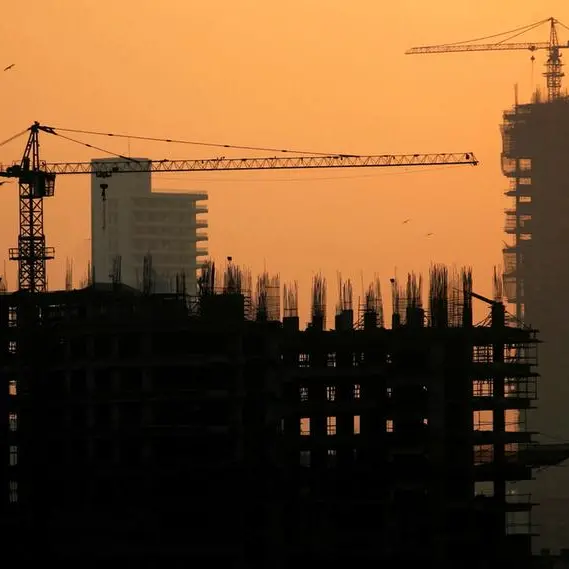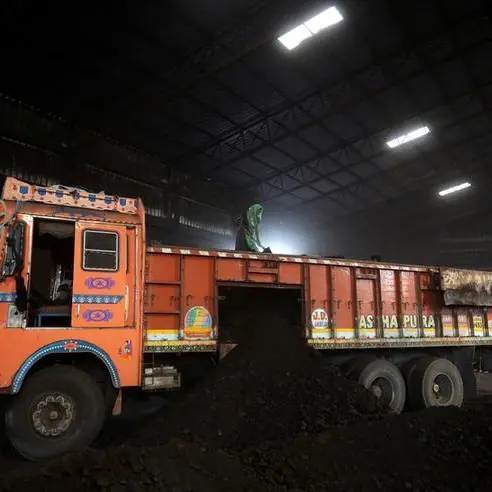PHOTO
At least three Russian refineries had to halt processing or cut runs due to heavy losses amid export curbs, rising crude prices and high borrowing costs, according to five industry sources.
The closures highlight the struggles of the Russian refining industry, which has been caught in the crosshairs of Ukrainian drone attacks, Western sanctions on Russia, which force refiners to sell fuel at a discount, as well as high interest rates.
The five sources who work at companies, which operate the refineries and are familiar with the refineries' finances, said the three plants - Tuapse, Ilsky and Novoshakhtinsky - have suspended or cut runs in recent months.
The development has not been previously reported.
Ilsky and Novoshakhtinsky did not reply to requests for comment.
The crisis is reducing fuel exports and denting companies' revenues, generating less cash for the state budget at the time of high inflation and uncertainties on energy markets, already concerned by sluggish demand.
Refiners around the world reaped record profits in 2021 and 2022 from the post-pandemic surge in travel demand and recovering economic activity.
However, margins then dropped sharply as huge new plants opened up around the world and demand growth slowed, partly due to efforts to transition away from fossil fuels.
LOW-TECH PLANTS SUFFER THE MOST
Russia's least sophisticated refineries, which produce no premium fuels, have been hit the hardest, posting losses of up to 10,000 roubles ($102) per metric ton during several months of the second half of 2024, two sources said.
Some more complex refineries also operated at a narrow loss while others were able to post modest profits on robust light fuel sales, the sources said.
Russia has 30 big and medium-sized refineries, not including several small plants, which are able to process 5.5 million barrels per day (bpd), making it one of the biggest fuel exporters in the world.
Russia exports around 2 million bpd of oil products and consumes the rest at home.
Russia's biggest oil firm, state-run Rosneft, had to suspend refining several times this year at its large, but relatively unsophisticated Tuapse plant on the Black Sea due to weak margins, the sources said.
Rosneft did not reply to a request for comment. Other major Russian oil firms - Surgutneftegaz, Gazpromneft, Lukoil - also did not respond.
Smaller, independent Ilsky and Novoshakhtinsky refineries in Russia's south have been running at half of their nameplate capacity for several months, processing some 70,000 and 60,000 barrels per day respectively due to weak margins, according to four industry sources.
All three refineries were hit by Ukrainian drones earlier this year, contributing to the low runs, the sources added.
Independent refiners have to amass debts as they cannot count on support of bigger parent firms, the sources said.
Russia's central bank raised interest rates to 21% from 19% last month, the highest level since the early years of President Vladimir Putin's rule in a move to further complicate survival for many plants, the sources said.
Another issue was the rising cost of crude, which traded at 50,000 roubles per ton on the Russian domestic market in October versus a required maximum price of 35,000 roubles per ton for an independent refiner to make a profit, the sources said.
Russian domestic crude prices rose as the rouble weakened against a rallying U.S. dollar.
Meanwhile, European diesel prices have fallen nearly 60% in August year on year, further denting refiners' earnings.
Some smaller private refineries, including Novoshakhtinsky and Ilsky plants, approached the government for help such as additional subsidies, the sources said.
Russia's energy ministry declined to comment.
"We expect that the actual (plant) closures may take place at the beginning of next year," one of the five sources said.
($1 = 97.9500 roubles)
(Reporting by Reuters; editing by David Evans)
